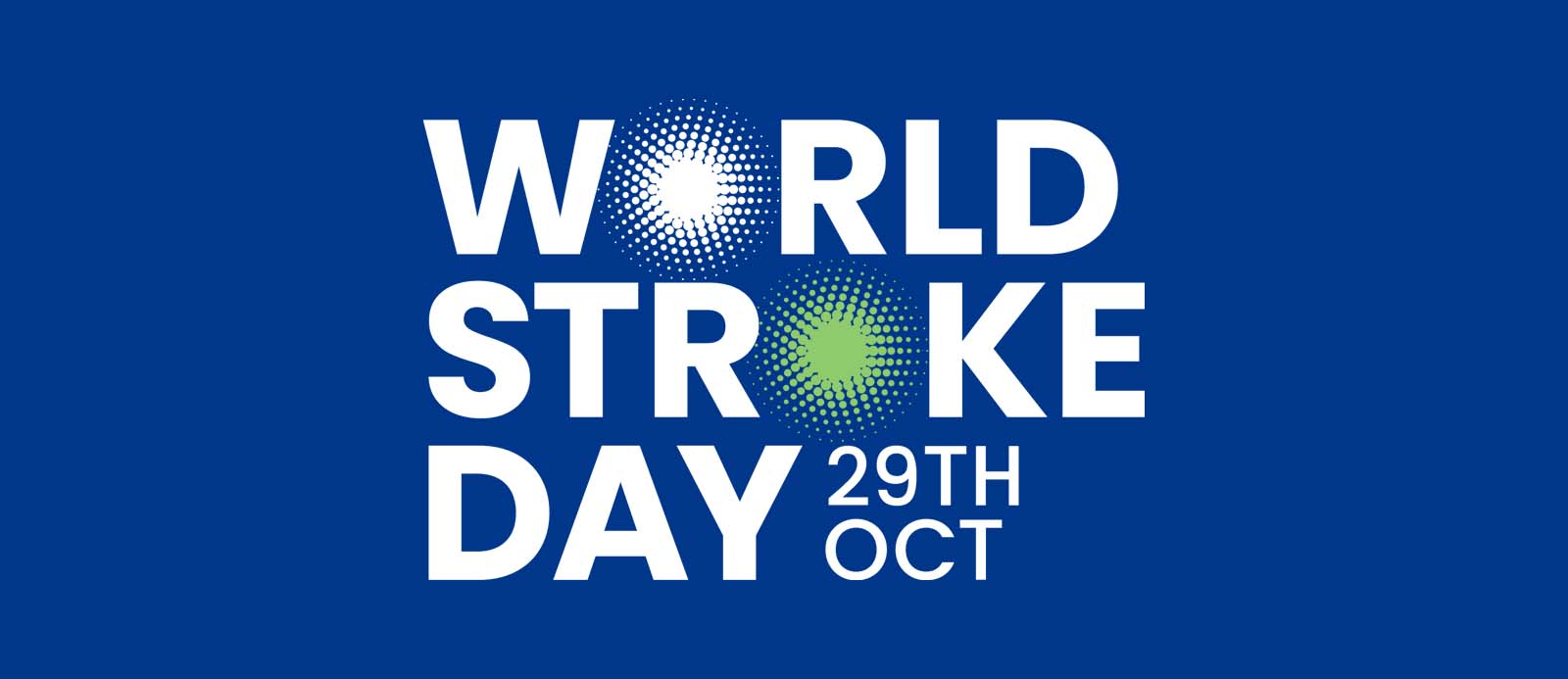Stroke- An Emergency to Address
October 28, 2022 | Friday | Views | By Dr Manbeena Chawla
Two clot-dissolving drugs are currently approved by the Drug Controller General of India for stroke treatment
In both developed and developing countries, people are suffering from hypertension in large numbers, which continues to be the leading risk factor for causing brain stroke. According to the World Stroke Organisation, each year, over 13 million people will have a stroke and approximately 5.5 million people will die as a result.
With brain stroke being the second most common cause of death after coronary artery disease in India, it is surprising to know that many do not even consider brain stroke as a cause of concern.
According to a recent survey conducted by Germany-based pharmaceutical firm Boehringer Ingelheim, on 4,742 respondents across 12 cities in India, only 22 per cent were aware of brain stroke and its risk factors, with awareness level dropping to a meagre 10 per cent with respect to stroke-related treatment options.
The survey also revealed that brain stroke literacy on FAST (Facial drooping, Arm weakness, Speech difficulties and Time) symptoms was uniformly low across geographies. Only 2 per cent of respondents from mini metros knew all symptoms of brain stroke compared to 12 per cent of respondents from the metros.
Generally, a stroke in the brain occurs when the supply of blood is interrupted due to blood vessel rupture or a blockage. If the blood vessel is blocked, it is called ischemic stroke (80 per cent) and if it is ruptured, it is called hemorrhagic stroke (20 per cent). In an ischemic stroke, the core of an irreversibly damaged area is frequently surrounded by non-functional but not irreversibly damaged area, called the penumbra. To save the penumbra and reduce the patients’ disability, the artery needs to be immediately opened.
This period which is within 3 to 4.5 hours after the initial stroke symptoms is called Golden Hour in the treatment of stroke, because if treated during this time, there is a very high chance of complete recovery. Within this time, a clot buster injection helps to dissolve the clot in the brain and helps the brain to regain its blood supply in most of the cases. Even in situations when the stroke victim cannot reach the hospital during this golden hour, there are other modalities to remove the blockage up to 6-8 hours after the stroke, but the earlier the treatment is given, the higher the chances of recovery.
Two clot-dissolving drugs are currently approved by the Drug Controller General of India (DCGI) for stroke treatment: Recombinant Tissue Plasminogen Activator (rtPA) or alteplase and Tenecteplase. The use of rtPA has been the standard of care for treatment of stroke for several years, while Tenecteplase is a type of tPA of increasing interest for stroke treatment due to advantageous drug characteristics and ease of administration.
But the utilisation of these drugs can be considered a success only if timely diagnosis and intervention happens. And what better way than technology to be adopted in this situation. For instance, the application of artificial intelligence (AI) in the assessment of stroke risk can help achieve favourable results. Studies have shown that AI algorithms can be used for early diagnosis of atrial fibrillation using normal sinus rhythm electrocardiographs, which allows for early intervention to reduce stroke risk.
For patients with atrial fibrillation, scientists across the world have applied machine learning to develop a classification model for predicting short-term probabilities of stroke, which had better predictive properties than the traditional methods. Technology can also further reduce the possibility of overlooking other conditions such as seizure, encephalitis, abscess, subdural haematoma and much more.
This year, World Stroke Day on October 29 is calling on all governments and key companies to join forces and act on the unmet need of creating an enhanced understanding of stroke symptoms, risk factors, treatment options and preventative measures in the country.
Dr Manbeena Chawla
(manbeena.chawla@mmactiv.com)









